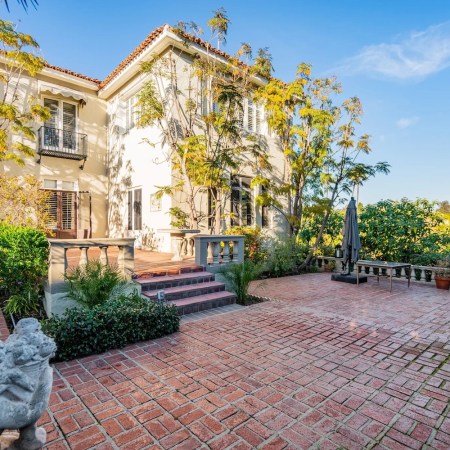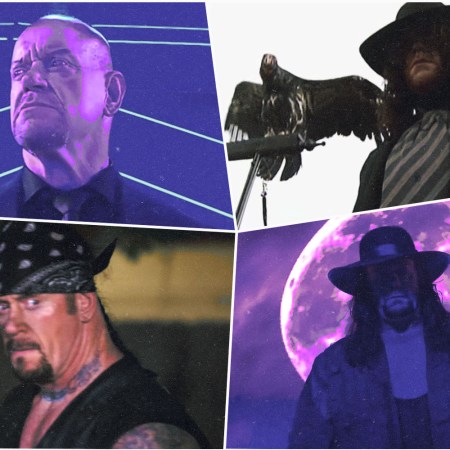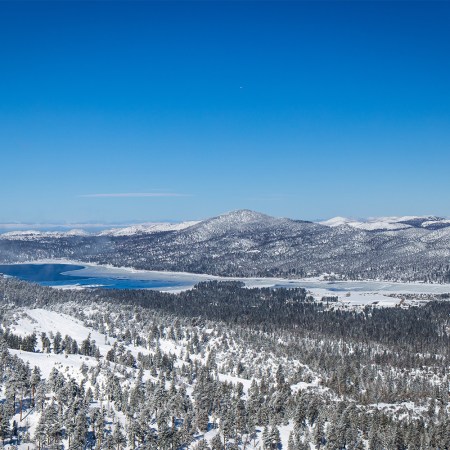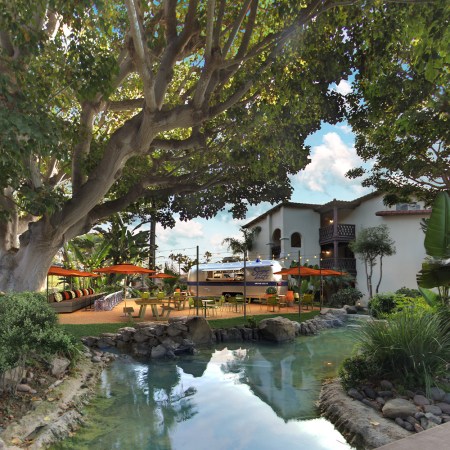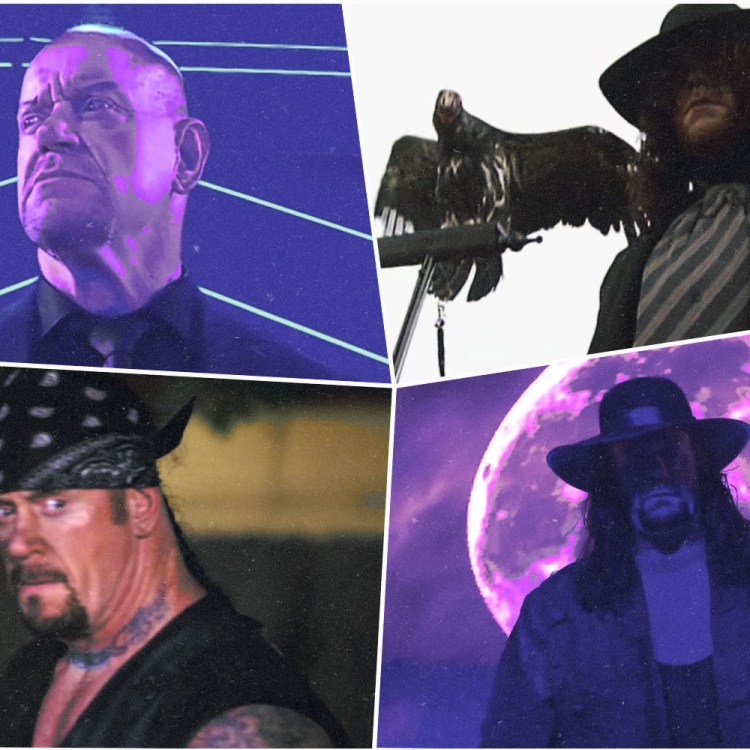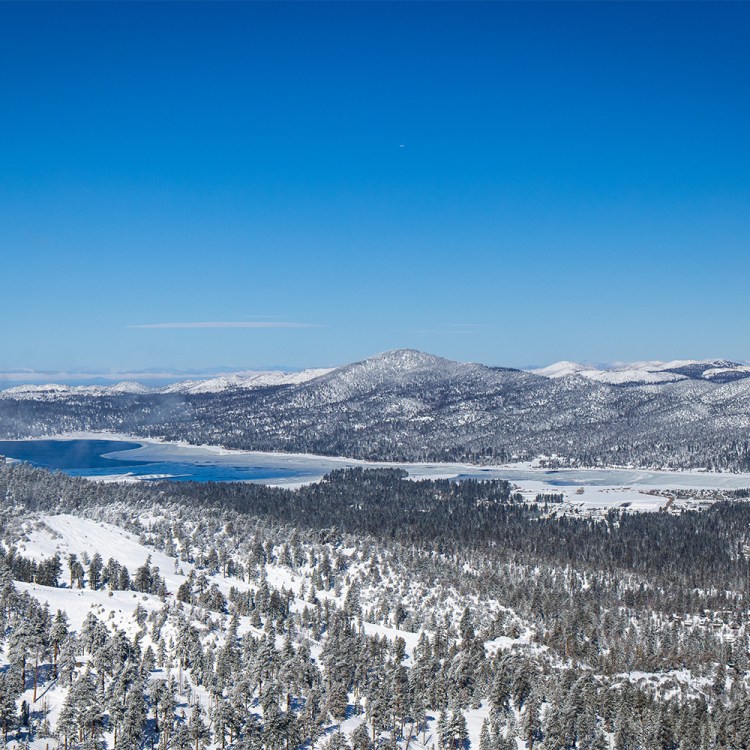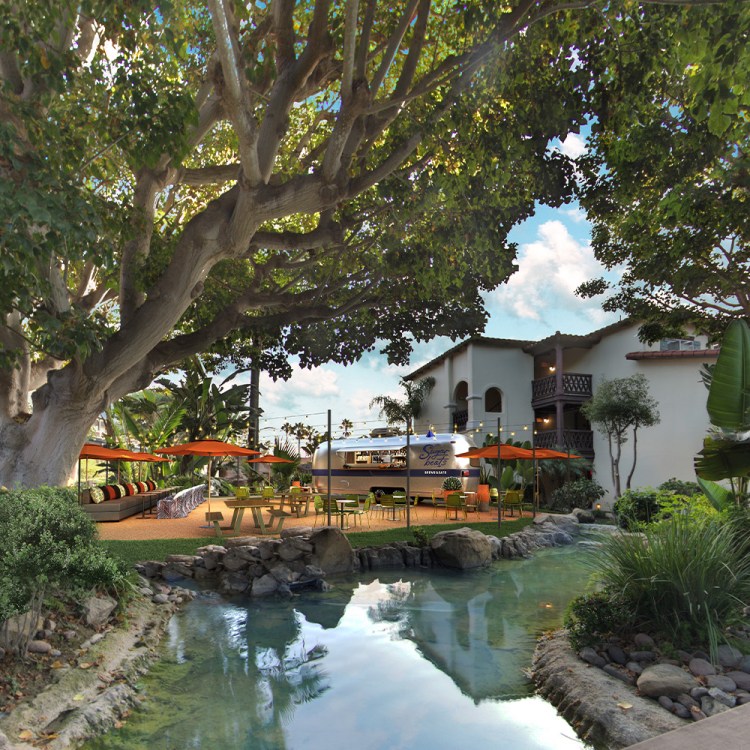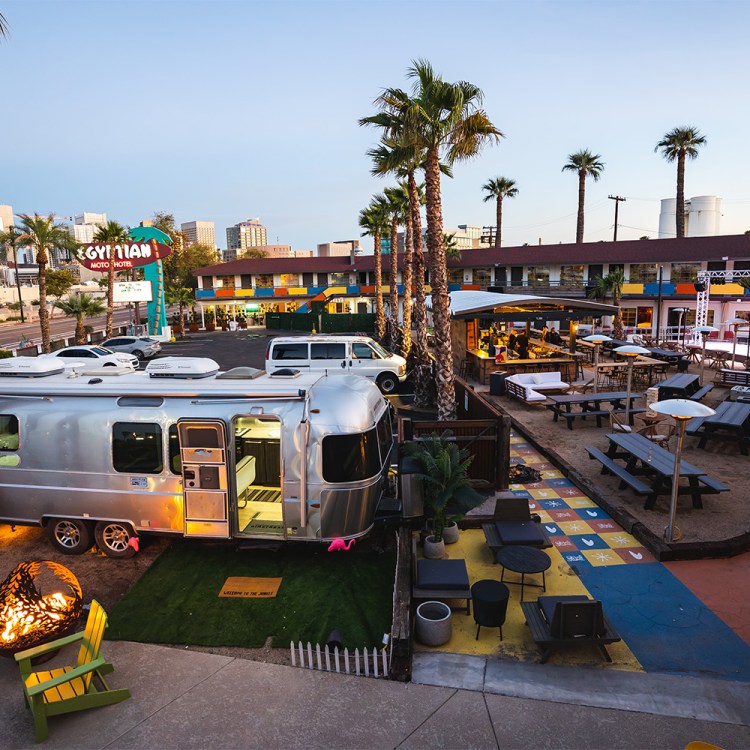If mastering the waves has been a lifelong dream, we’ve got one of the best surfers in the world on deck to share his tips.
Kolohe Andino is a second-generation California surfer who grew up in San Clemente, California, a coastal city and surfing mecca about halfway between Los Angeles and San Diego. Kolohe remembers following his father, Dino Andino, into the water “for as long as I can remember,” and considers himself “born into” surfing. He’s not really exaggerating, either, considering he won his first surf competition at age seven and broke out at age 17, winning a handful of events to become a qualifier on the Men’s Championship Tour since 2012.
Kolohe — which translates to “little rascal” in Hawaiian — has the kind of story that caught the attention of surf sponsors like Red Bull, which will release a short film called Reckless Isolation about him in the fall. As for Kolohe’s father, Dino was a pro surfer and top-ranked national champion, as well as an actor, best-known for his role as Psycho-Stick in the 1991 Keanu Reeves film Point Break . The sport is something the two still share. “My dad and I live and breathe surfing,” Kolohe tells InsideHook. “My world revolves around it.”
That kind of dedication is exactly how Kolohe became the first American surfer to ever qualify for the Olympics. Since surfing wasn’t added until the 2020 Olympics, a qualifying competition back in 2019 clinched Andino’s spot at the Tokyo games (held in the summer of 2021 due to the pandemic), where he eventually came in fifth overall, finishing as the highest-placed American surfer. Since that makes him the best surfer in the country, he’s a natural go-to for surfing tips and tricks. Check out some of his stories, advice and recommendations below, in an interview that’s been condensed and edited for clarity.
InsideHook: What are some of your earliest memories of surfing?
Kolohe Andino: I never necessarily thought about being a surfer… it’s just been a part of who I am as a person for as long as I can remember. But I guess it was going along with my dad, watching my idols compete and knowing that was the future I wanted and was born into.
As a second-generation surfer, how is the sport part of your family life?
My dad and I live and breathe surfing. My world revolves around it, and luckily, I found my wife — she understands that without surfing I wouldn’t be who I am. Just besides that, my whole family is supportive since it’s all we’ve ever known.
Favorite place to surf in Southern California?
Maybe Santa Cruz? Is that Southern California? I love it up there. Or just home, in San Clemente. Wherever the waves are good!
Any rituals before or after-surfing tips you can share?
Sardines? Lots of protein. I always stretch before I go out to avoid injury, things like that. My wife is an insane chef though, and she’s always on it with the meals, so I don’t worry about that much anymore.
What is it about surfing that drew you to make it your career, aside from the obvious family connection?
Just the ocean. I’m insanely competitive, too, so that has some to do with it. I’ve been obsessed my whole life. I didn’t really see much other than it being my career.
What’s the best advice you have for a beginning surfer or someone who is just getting into it?
Don’t get so focused on winning; you can forget about your passion and your love of the sport.
What type of surfboards do you own or use the most?
Mayhems. Only Mayhems.
Is there any gear you bring with you out on the waves? If not, what do you use to prepare?
For gear, just my board and leash. But, I get super cold, so I want to make sure I’m warm in the water and out of the water — a big warm flannel or windbreaker from O’Neill if it’s cold, that is. It kind of depends on the weather and where you are in the world.
What’s your favorite time of year to go surfing in SoCal?
September. The waves at home are always good then, most of the crowd is gone, too — or that’s how it used to be (laughs).
Because you hold so many titles, do you feel a pressure to keep winning and competing? Or do you have a more relaxed approach because of your past success?
Starting a family of my own and coming home to my baby daughter definitely gives me a new, more relaxed perspective. When I was young, I lived and died by results — as I got older and started a family, I saw that there’s a lot more to life than winning heats. That’s been making me happier overall. Also, I’ve found other passions of mine, like filmmaking after Reckless Isolation.
How did becoming the first American surfer to ever qualify for the Olympics impact you?
It was definitely a lot of pressure, and the whole pandemic made it all kind of uncertain for a while there. I really just wanted to make sure that I understood that I didn’t see it as pressure, and made it more of an honor for my country and the sport.
How do you feel about the Olympics finally recognizing surfing as a sport?
I work pretty hard, train really hard, on an Olympic level, with or without their recognition of it as a sport. So I think it was about time.
Red Bull recently released a mini-documentary on you, Homegrown. Can you talk about that experience?
I was stoked that people can see me for who I am and kind of what I really care about, which is family. Being a husband, father, son, brother, friend, is really where I sort of exist in this world. Those things mean more to me than a lot of things, so I was stoked that people could see that.
This article was featured in the InsideHook LA newsletter. Sign up now for more from the Southland.

